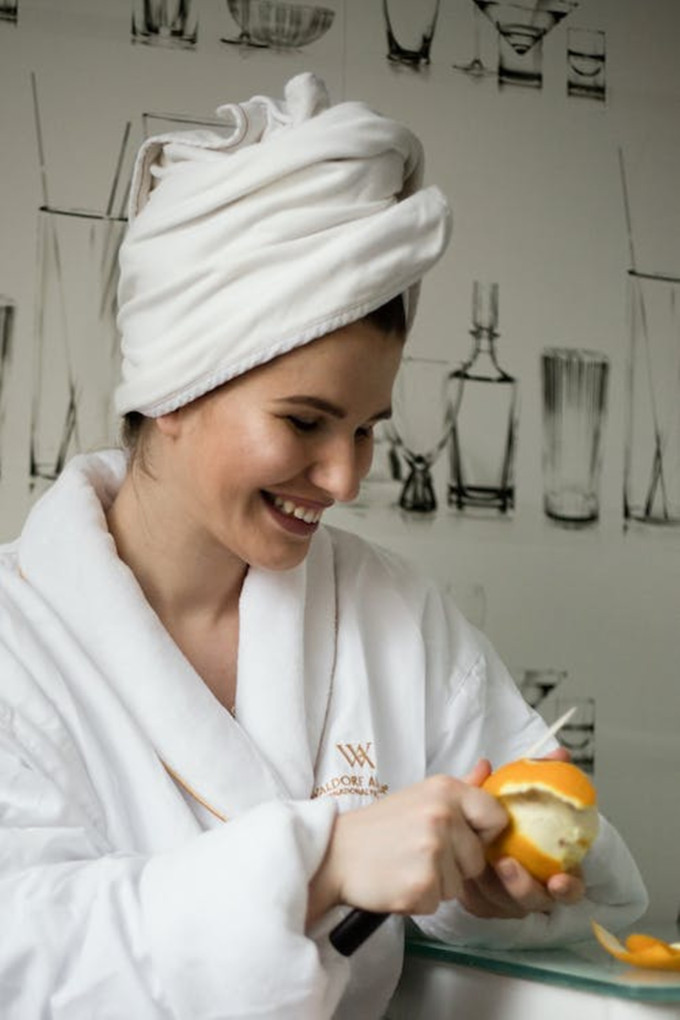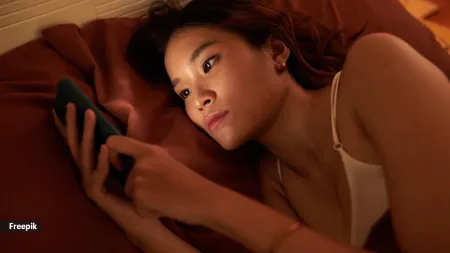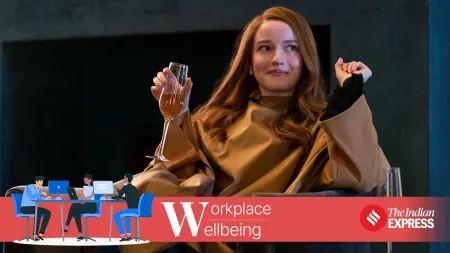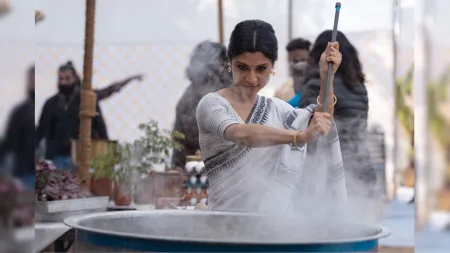Decoding the viral orange peel TikTok theory and if it is good for your relationship
You know how sometimes your partner gets your favourite ice cream without you having asked for it just because they passed by the shop on their way back home? Or when they share their morning cup of coffee with you because you went out of beans? All those little things that may seem like nothing. Well, those are the basis of TikTok’s viral orange peel theory.
The theory surrounding orange peeling suggests that engaging in small acts of service and a partner’s willingness to perform them are indicators of a healthy relationship.

In a breakdown of the trend, TikToker @neanotmia pointed out, “If someone asks you to peel their orange, you might think, ‘They’re perfectly capable of doing that themselves; that’s not a big deal.’ It might not literally be about peeling the orange. They’re asking you for a small favour to observe your reaction, to gauge if later they can ask you for bigger favours. How you respond to this seemingly trivial request can reveal much about how you’ll handle more significant requests in the future.”
TikTok user Anna Birmingham emphasised in a post about the trend that responses to such requests go beyond the act of peeling an orange. She stated, “Even a super tiny thing like that reveals so much about their attitude towards you and your relationship.”
Birmingham underscored the idea that acts of service, irrespective of their size, are expressions of kindness without conditions or expectations. She expressed, “[It’s about] wanting to do things for someone to see them happy, even if it inconveniences you, or even if there’s nothing in it for you. That, at the end of the day, is true, raw, unconditional love.”
But, according to Dr Mazher Ali, consultant-psychiatry, CARE Hospitals, Banjara Hills, Hyderabad, relationships are complex, and reducing them to a single action, like peeling an orange, oversimplifies the dynamics involved. “People’s behaviours and the health of a relationship involve various factors that can’t be accurately captured by a single, isolated act.”
 It’s important to address concerns and expectations openly and directly, rather than relying on viral trends to evaluate the health of a relationship. (Source: Pexels)
It’s important to address concerns and expectations openly and directly, rather than relying on viral trends to evaluate the health of a relationship. (Source: Pexels)
Judging relationships based on online trends, especially those as arbitrary as the orange peel TikTok theory, can be harmful because it promotes superficial evaluations. Relationships are nuanced and involve communication, trust, understanding, and shared values, among other things.
“Using online trends to assess the strength of a relationship might lead to misunderstandings and unnecessary doubts. Additionally, putting your partner through tests can create unnecessary tension and undermine the foundation of trust and mutual respect,” Dr Ali said in an interaction.
He added that it would be unfair and inaccurate to label a relationship as doomed based solely on a partner’s refusal to perform a specific, small act like peeling an orange. “Relationships face challenges, and the success of a partnership is based on the broader aspects of communication, compatibility, and mutual support. Making sweeping judgments over a single action can overlook the complexity of human relationships,” Dr Ali explained.
It’s important to address concerns and expectations openly and directly, rather than relying on viral trends to evaluate the health of a relationship.
Disclaimer: The copyright of this article belongs to the original author. Reposting this article is solely for the purpose of information dissemination and does not constitute any investment advice. If there is any infringement, please contact us immediately. We will make corrections or deletions as necessary. Thank you.





